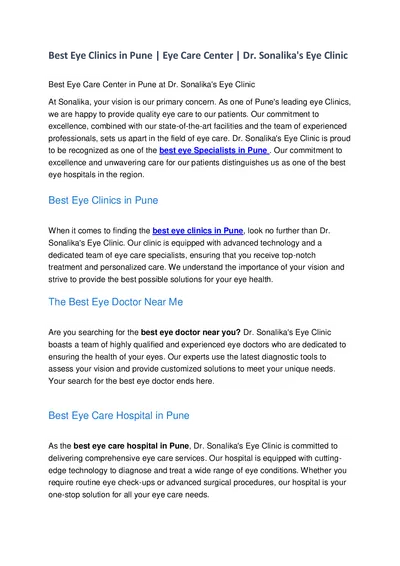PPT-Financial Relationships Between VHA Health Care Professionals and Industry:
Author : tatyana-admore | Published Date : 2018-12-06
Training Designed to Help You U nderstand the Requirements and Standards in VHA Handbook 100407 Introduction Purpose This training was designed to help you
Presentation Embed Code
Download Presentation
Download Presentation The PPT/PDF document "Financial Relationships Between VHA Hea..." is the property of its rightful owner. Permission is granted to download and print the materials on this website for personal, non-commercial use only, and to display it on your personal computer provided you do not modify the materials and that you retain all copyright notices contained in the materials. By downloading content from our website, you accept the terms of this agreement.
Financial Relationships Between VHA Health Care Professionals and Industry:: Transcript
Download Rules Of Document
"Financial Relationships Between VHA Health Care Professionals and Industry:"The content belongs to its owner. You may download and print it for personal use, without modification, and keep all copyright notices. By downloading, you agree to these terms.
Related Documents














